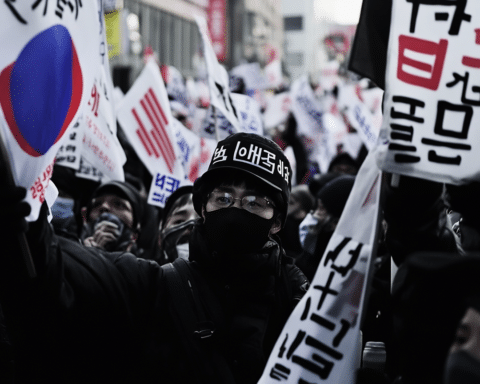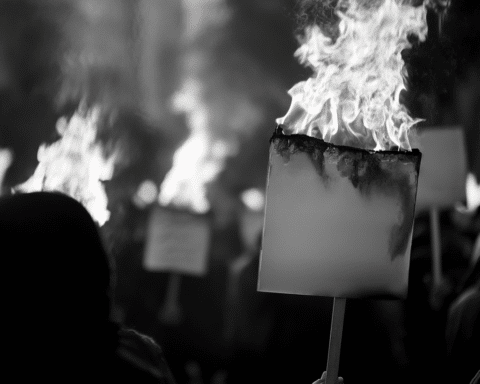Italian journalist Cecilia Sala, 29, has been released after three weeks of detention in Iran, marking a significant diplomatic victory for Italy. Sala, a reporter for the daily newspaper Il Foglio, was detained in Tehran on December 19 after arriving on a journalist visa. Authorities in Iran accused her of violating the country’s laws, though no further details were provided about the specific charges.
Her release follows weeks of intense diplomatic negotiations and is believed to be tied to the fate of Iranian engineer Mohammad Abedini, who had been arrested in Italy three days before Sala’s detention. Abedini, wanted by the United States for his alleged involvement in supplying drone technology used in a deadly attack on a U.S. outpost in Jordan in January 2024, remains in Italian detention. Italy’s delicate position in handling both cases has drawn attention to the country’s balancing act between its historic ties to Washington and its ongoing relations with Tehran.
Upon her release, Sala returned to Italy on a plane that landed at Rome’s Ciampino airport, where she was greeted by Prime Minister Giorgia Meloni and her family. The sight of Sala running into the arms of her boyfriend, Daniele Raineri, as she disembarked was a poignant moment for her supporters, many of whom had closely followed the case. Meloni’s office credited the prime minister’s personal involvement and Italy’s diplomatic efforts for securing her safe return.
The release of Sala came as a welcomed relief to many in Italy, where her detention had dominated headlines. Lawmakers from all political parties praised the government’s handling of the situation, with special recognition given to the work of Meloni’s administration in navigating the complex geopolitical tensions surrounding her release.
The case highlighted the delicate diplomacy between Italy, the United States, and Iran. As Italy and Iran summoned each other’s ambassadors to discuss the detentions of their respective citizens, the situation became increasingly tense. Meloni’s visit to Florida last weekend to meet U.S. President Donald Trump at his Mar-a-Lago estate was viewed as a key factor in bolstering Italy’s stance in the negotiations.
While the focus on Sala’s release brought a sense of closure, the larger diplomatic picture remained complicated. Abedini’s status continues to be a point of contention, with the U.S. demanding his extradition, while Italy navigates its own legal processes. A Milan court is set to hear Abedini’s request for house arrest on January 15.
Advocacy groups such as Reporters Without Borders, which had highlighted Sala’s detention as an attack on press freedom, celebrated her return to Italy. The organization also urged the release of the 25 other journalists held in Iranian prisons, highlighting the wider concerns of press freedom and human rights abuses in the country.
This case follows a pattern seen in previous years, with Iran using individuals with Western ties as bargaining chips in international negotiations. Similar situations occurred during the 1979 U.S. Embassy crisis and in more recent prisoner swaps involving the release of American detainees from Iran.
As Sala reunites with her family, her case highlights the intricate relationship between international diplomacy, human rights, and press freedom.





